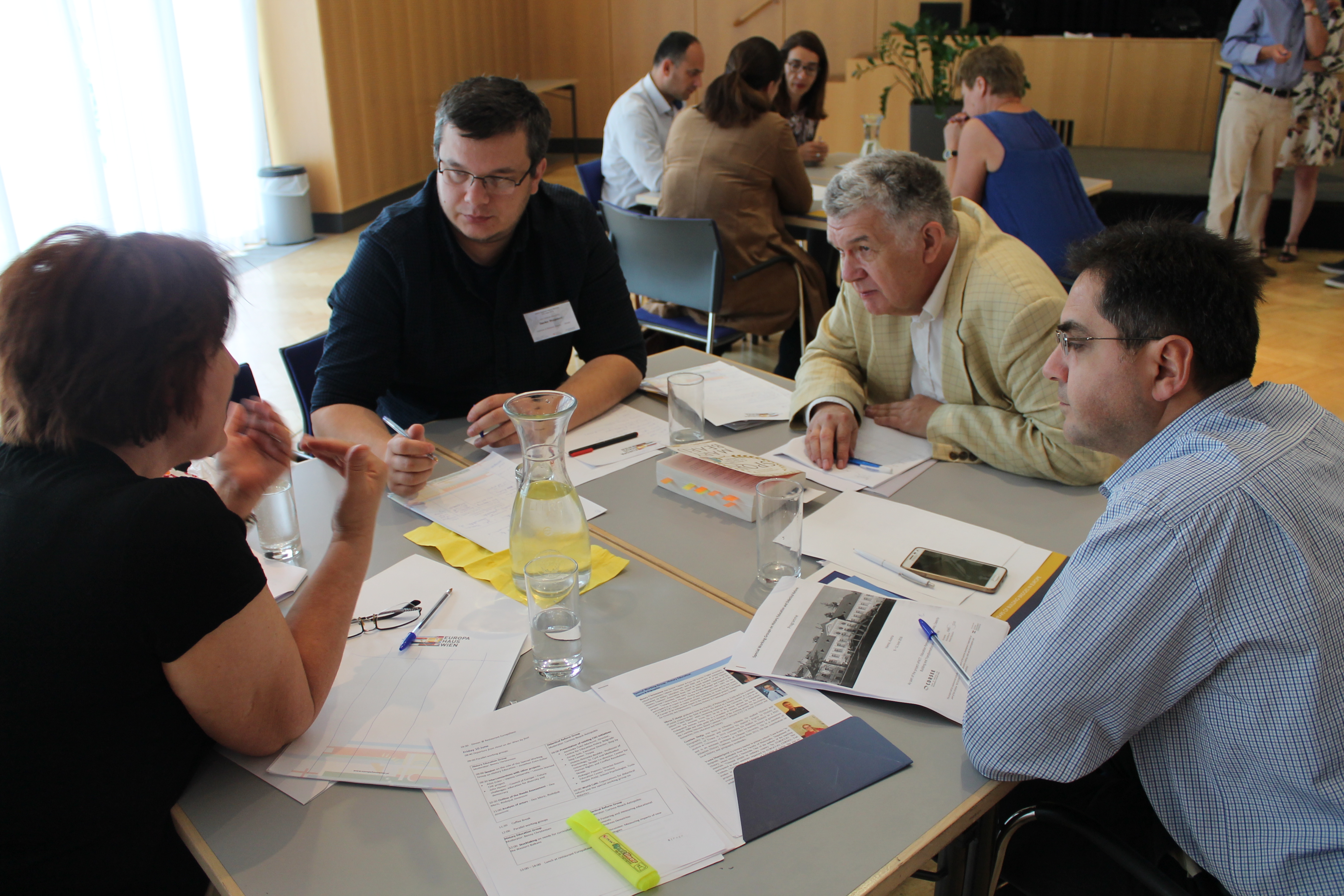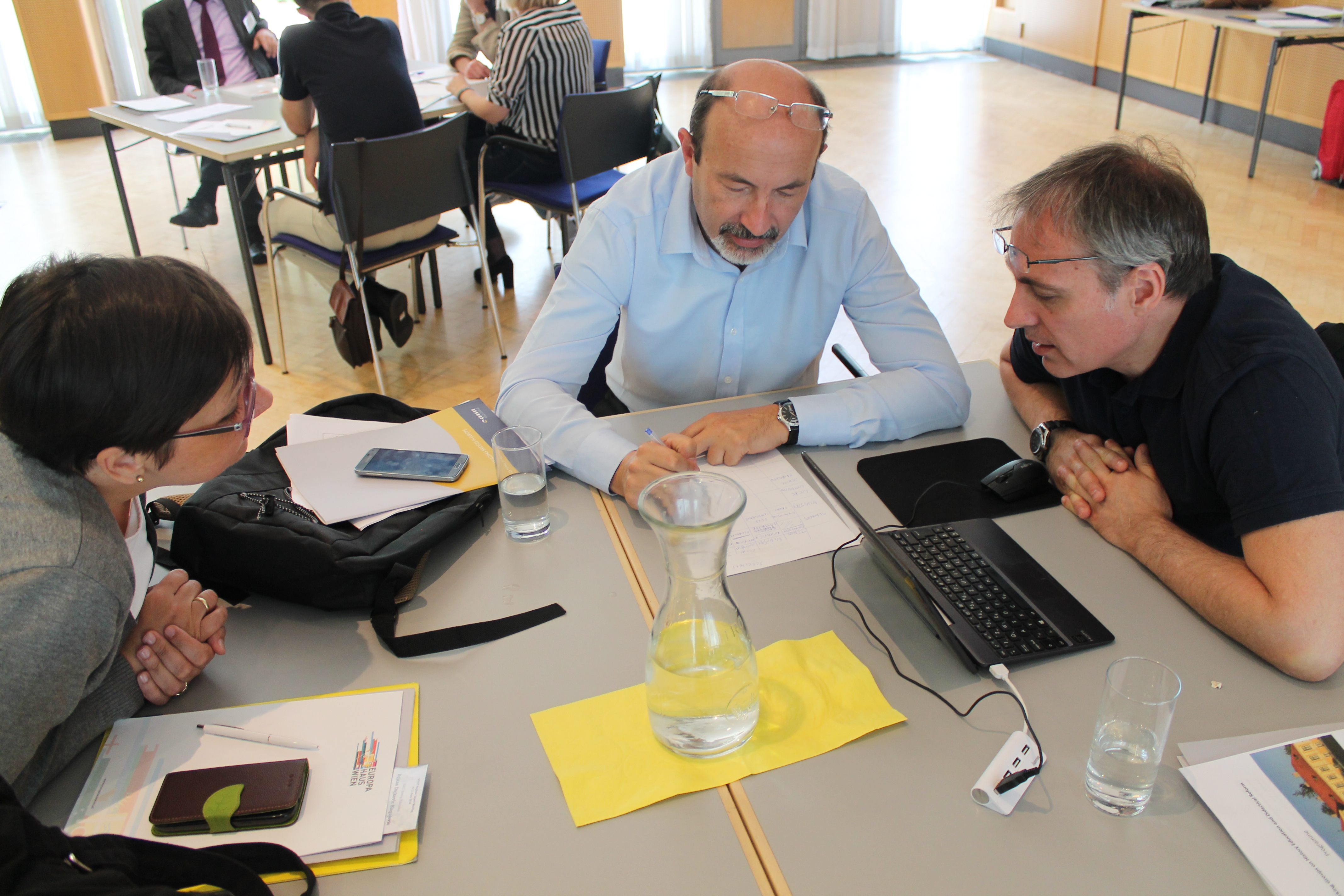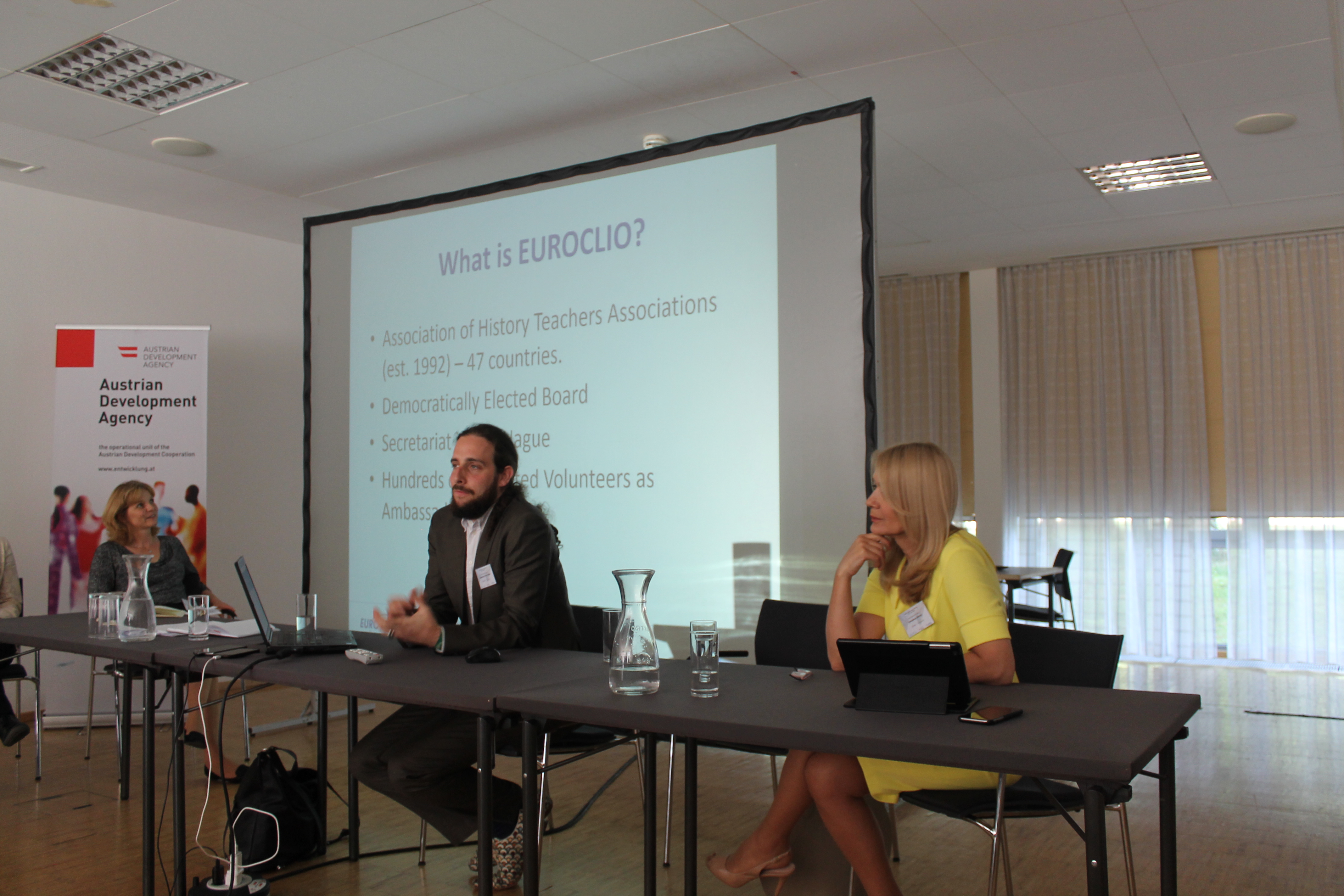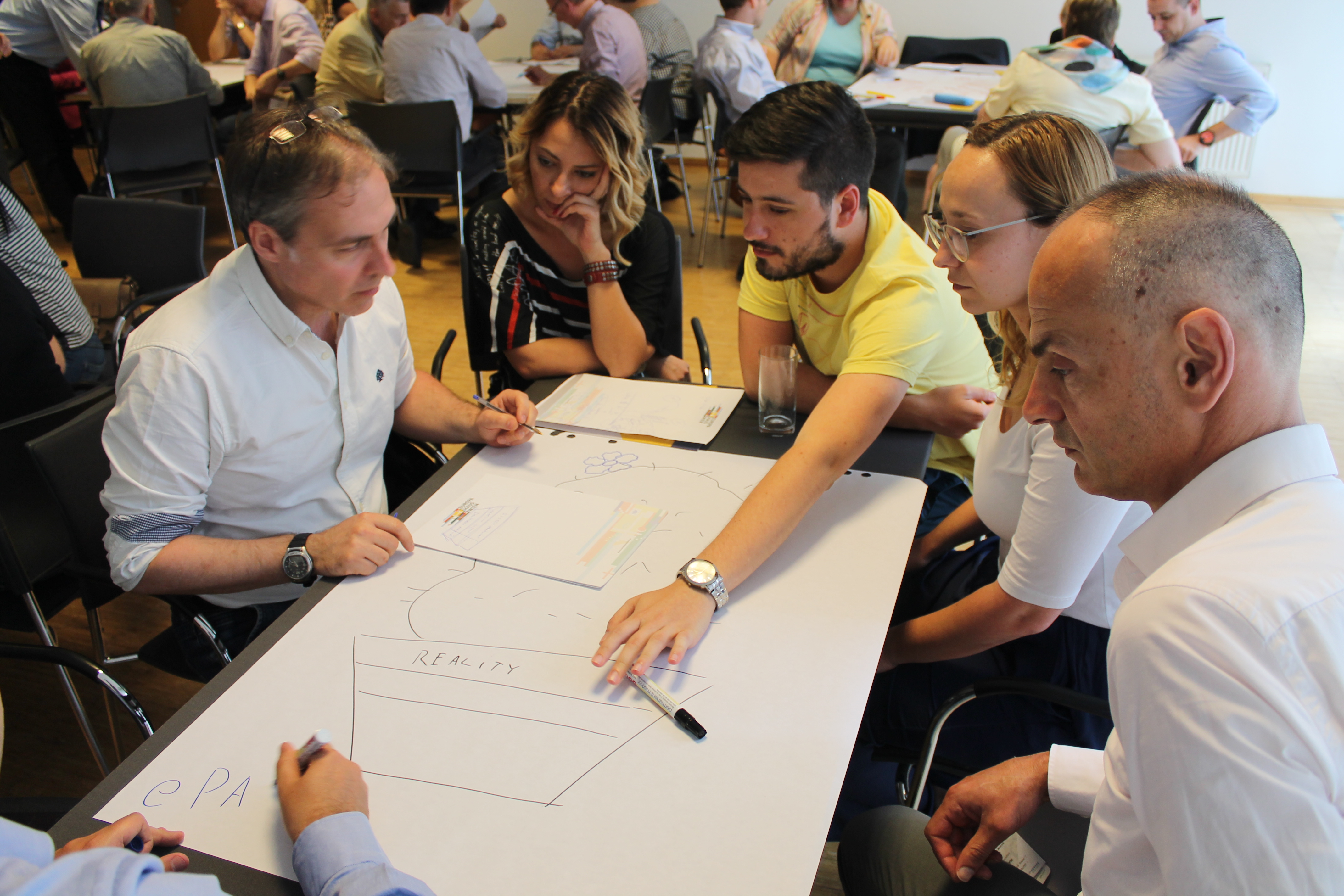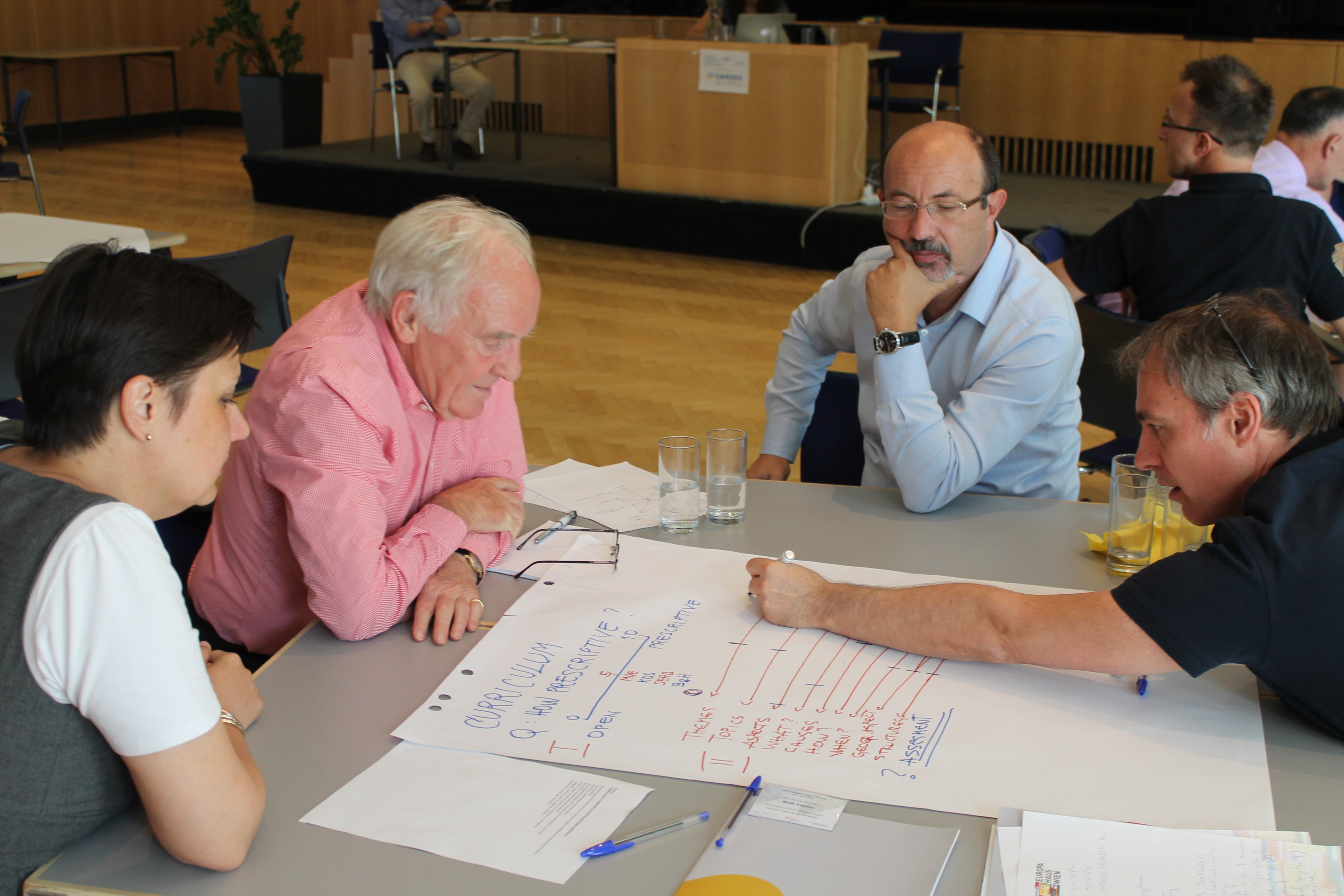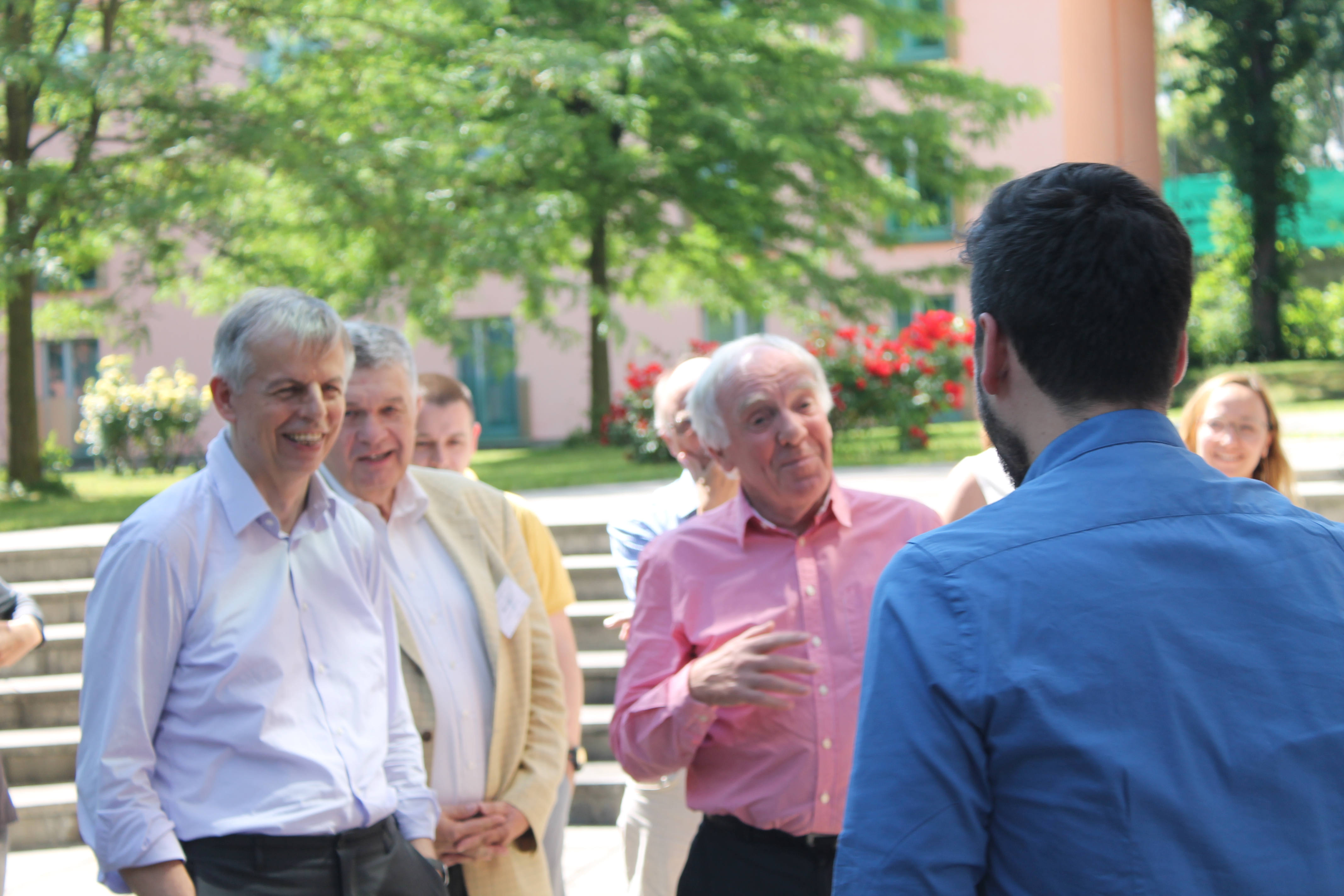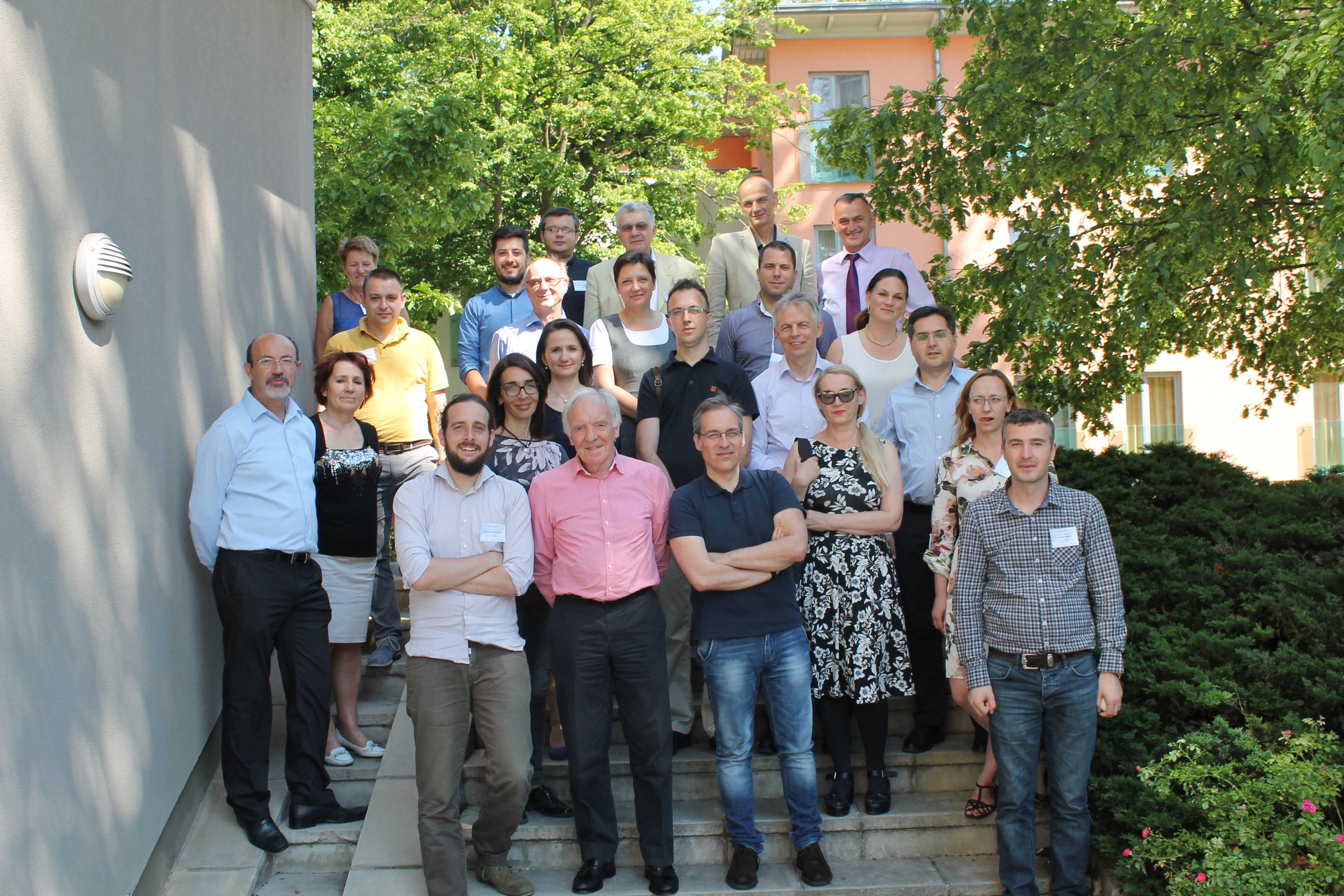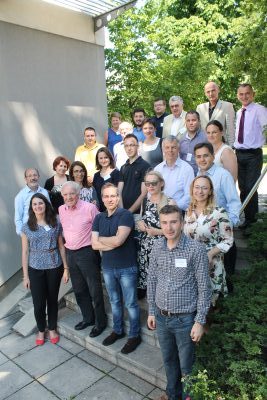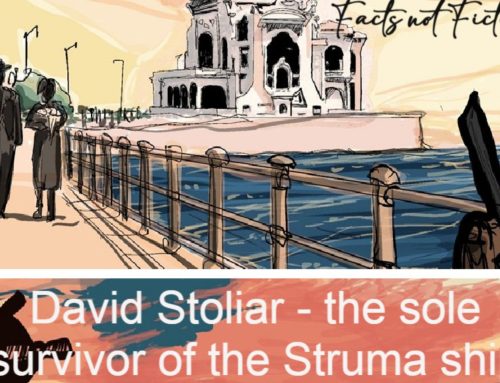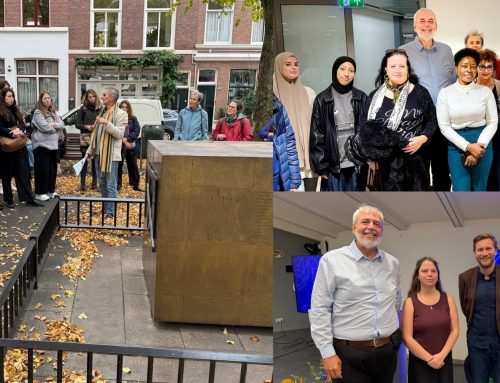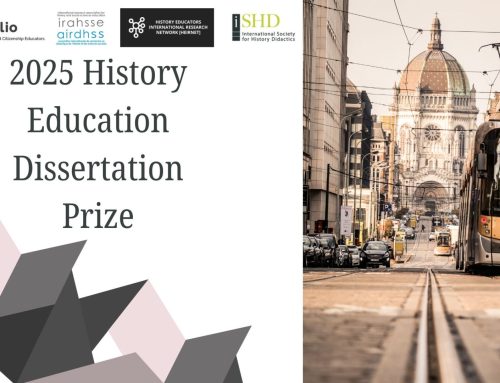Sharing of Experiences
Within the new project ePACT – Education Partnership for Advocacy, Capacity-Building and Transformation – started, together with the Center of Democracy and Reconciliation in South-East Europe (CDRSEE) a first Regional Expert Meeting was organised in Vienna from 9 – 11 June 2016. The overall objective of the project is to contribute to sustaining the democratization process and enhancing conflict sensitivity in the Western Balkans through reforms and implementation of changes in the formal schooling system that will intensify democratic education. The project strives to achieve that education authorities and civil society jointly reform education and schools in the region to enhance critical thinking and active citizenship. These two competencies are key drivers of all forms of development, but particularly of the development of a vibrant civil society that is ready to protect and defend democratic values, gender mainstreaming, environmental protection and a culture of non-violent conflict resolution.
In Vienna two standing working group meetings of experts brought together 12 policy makers, 27 members of civil society (including teachers and community leaders), 3 members of Academia and 2 participants from intergovernmental organisations working in the Western Balkans. The joint programme of both expert groups included expert presentations on the latest developments in educational science, in international policy developments and existing global and European initiatives for development of educational policy and practice. The meeting started with a key note address by Prof. Andreas Demetriou from Cyprus on “Learning how to think, learn, and reason“, about how intelligence is measured and how it can be nurtured in primary and secondary schools. An expert panel, comprised of Janet Looney from the Institute of Education and Social Policy and John Hamer from the Council of Europe gave an overview of the wider international context.
Moreover, the expert groups were able to engage in a constructive sharing of existing initiatives and events on the national level and an exercise in mapping needs and opportunities individuals and institutes would be able to offer one another. One regional working group that had a focus on strengthening the implementation of learner centered teaching/learning approaches that, despite endorsed by all countries on the policy level, still can rarely been identified in classrooms of the region. As a result of the meeting, a Partnership Memorandum will be crafted between participants, which will outline details of the partnership and set common agendas. The other regional expert group had a specific focus on history education and entered into a collaborative and engaging reflection on best ways to conduct a wide-ranging needs assessment that will shed light and increase understanding on areas and ways of making history teaching more relevant and constructive.
Going forward, the expert groups embraced the need for closer collaboration and has started to collaborate online using Basecamp as designate cloud service. Furthermore specific events and opportunities for synergy were identified. The next steps are a preparatory meeting in Montenegro for the Needs Assessment and the planning of accredited Pilot Seminars for building capacities amongst school directors, inspectors and curriculum designers for a more committed implementation of learner centered teaching/learning approaches in schools.
The project is implemented with the financial support of the Austrian Development Cooperation as part of the initiative “NETUCATE – Networked education creating a skills web for participation and sensitivity”.


